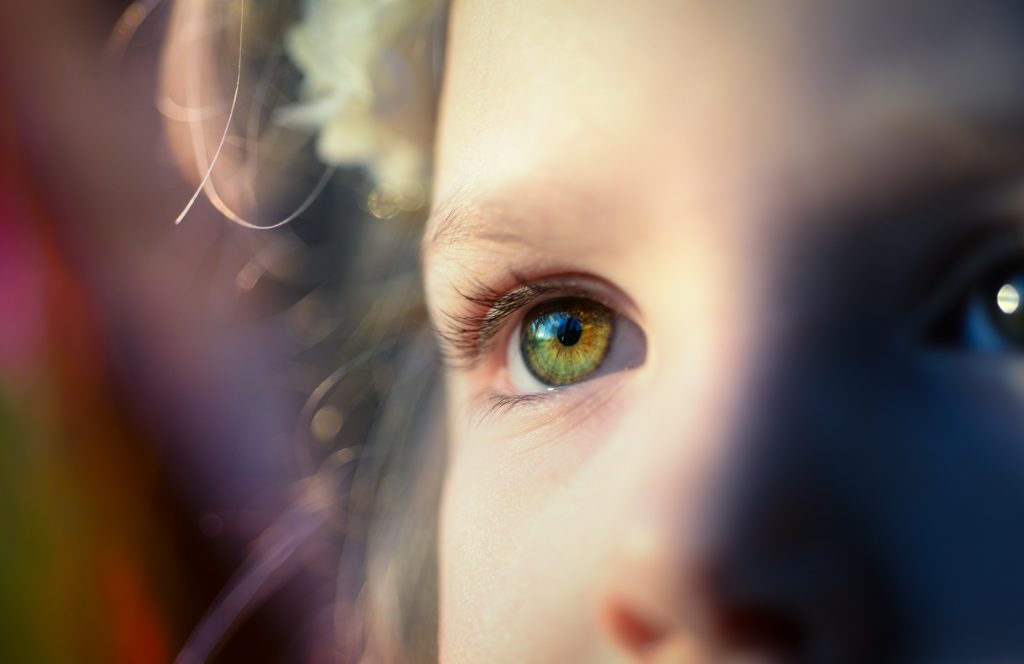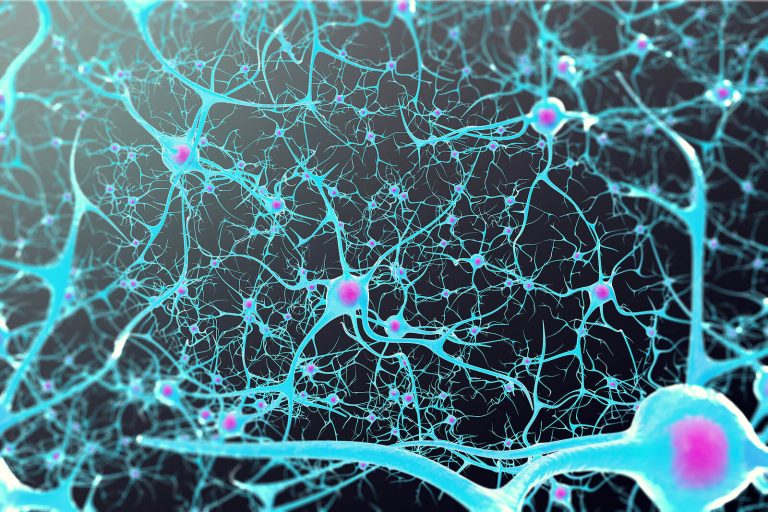Common Child Psychology Disorders

Mental illness can strike at any age and can occasionally last into adulthood. The truth is, though, that many troubles can arise while we are young as well. Being able to recognize these child psychology disorders can affect everyone involved but they may sometimes be difficult to see. In this post, we’re going to talk about the Most Common Child Psychology Disorders.
When a child is suffering from a psychological disorder, it’s often difficult to recognize and can feel hard to do right as a parent. However, it’s a matter of not knowing the signs and symptoms of these disorders. So many parents simply miss all of the signs their children may be showing. Even if they do see those issues, they might just chalk it up to being normal behavior for their age.
There are numerous types of child psychological disorders, and they might change significantly from one child to the next. Some children will display the disorder’s characteristic signs, while others may go in the opposite direction. Furthermore, because one problem may lead to another, it can be difficult to know where to begin.
We can look at some of the most prevalent child psychology disorders to help you recognize the possibilities.
Anxiety
This illness can manifest itself in a variety of ways. Some people assume it’s a problem with anxiety, but it can also manifest as obsessive-compulsive disorder, social phobia, or even post-traumatic stress disorder (PTSD). Although it is totally normal for a youngster to have some anxiety, when it becomes a disorder, professional therapy is required.
ASD
This is one of the most misunderstood forms of child psychology, yet it is also one of the most common. Autism, as it is often called, usually manifests itself by the time a kid reaches the age of three. Some children will have severe symptoms that are difficult to regulate, but even modest symptoms can interfere with a child’s ability to communicate with others.
ADHD
This is another issue that is becoming more common, and it may be a challenging struggle for both the child and the adult. It involves a child’s capacity to focus, and some of them may be impulsive or hyperactive. Each child will have their own set of symptoms, with some displaying all of them while others displaying only one.
It’s not always about diagnosing the precise difficulty your child is having; sometimes it’s just about recognizing that they have a problem in the first place. When we see these issues, we can seek the appropriate assistance to have your child’s psychology disorders diagnosed, if they exist in our instance.
If there’s one thing you should keep in mind concerning these disorders, it’s that they can strike any child at any time. Many parents are taken aback by what their children are experiencing during these trying times. Recognizing the signs is the first step toward getting your child the help they require and getting them on the road to recovery.
If you are looking for someone to talk to at Mountain Vista Psychology, we are here for you. Feel free to reach out via email at info@mountainvistapsychology.com or call us at 720-583-9332.
Call For a FREE Consultation
We serve the Denver Metro area of Colorado. Click the button below to call and Schedule an Initial Consultation. To Schedule Neurofeedback or Testing please call us at 720-248-8603
Recent Articles
Dispelling Neurofeedback Myths
Neurofeedback has become increasingly popular as a therapeutic tool for clients, but it remains misunderstood by many. Misconceptions about its…
Autism Testing for Adults: Why Diagnosis Still Matters
What is Autism? Autism is a neurological difference that impacts how one scales social interactions, interpersonal relationships, and experiences the…
The Intersectionality of Autism & LGBTQIA Throughout the Lifespan
If you have a child (of any age) who you think may be Autistic, has been diagnosed as Autistic, or…
Autism Diagnosis Support Guide: Interventions, Therapy, and Accommodations for All Ages
Understanding Your Diagnosis An Autism or other mental health diagnosis may be very overwhelming. Understanding a diagnosis can help lessen…





